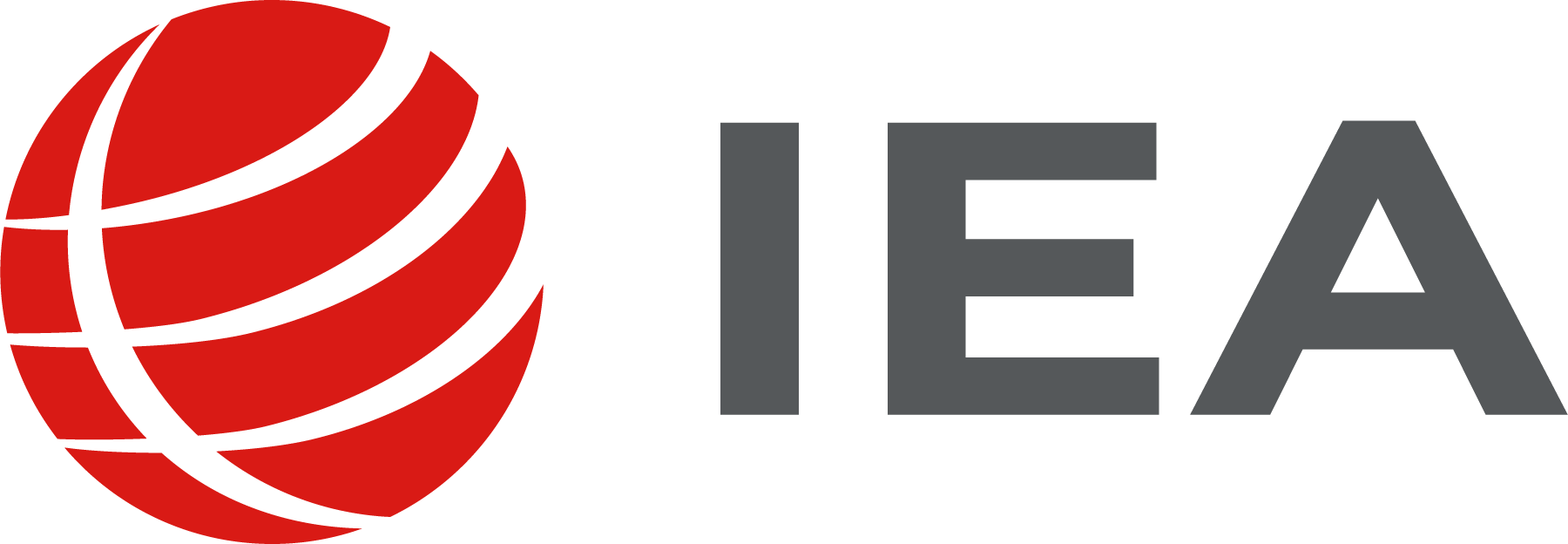We work with diverse international partners to help countries to measure and assess their education systems, in order to help them identify improvement strategies; meet UN Sustainable Development Goal (SDG) targets; link their regional or national assessments to TIMSS and PIRLS; and more. Find out more about our ongoing projects and opportunities.
Overview of LaNA
LaNA aims to bring together internationally comparable data demonstrating strengths and weaknesses of primary education systems in literacy and numeracy achievement based on a more flexible assessment framework than existing international large-scale assessments. In doing so, LaNA will reveal the characteristics of successful students and schools, offering the possibility for national policy interventions and targeted improvement strategies. As a short basic assessment at the end of primary school, LaNA is intended for countries where IEA’s TIMSS and PIRLS may be too difficult or unfeasible to implement.
For developing education systems who participate in LaNA, the study can serve as a stepping stone for participation in future TIMSS and PIRLS cycles. Participation in LaNA provides education systems with valuable experience in assessment planning, design, implementation, administration and reporting. LaNA is designed so that student achievement finally may be linked to the TIMSS/TIMSS Numeracy 2015 and PIRLS/PIRLS Literacy 2016 assessments. Therefore, by participating in LaNA, education systems will have the opportunity to compare their students' numeracy and literacy achievement on an international scale. For more information, visit the full LaNA study page.
Overview of BEAM
BEAM (Botswana Educational Achievement Monitoring) is an initiative of the Botswana Examination Council (BEC), to build capacities in administering large scale national assessments at primary level standard 4 (Grade 4) to monitor future achievement developments in Botswana over time.
IEA Hamburg with the National Foundation for Educational Research (NFER, Slough, UK) as IEA sub-contractor has been awarded this capacity building contract that includes the preparation and conduct of nine workshops (on-site or virtual) including framework development, item development in mathematics, reading and background questionnaires, scoring guide development and scoring, sampling, study coordination/test administration, data management, item analysis and main data collection preparation for the first phase of the project including a pilot study and a field trial in primary schools.
IEA’s Contribution and Progress
IEA Hamburg assumes overall responsibility for the project, will organize and conduct 7 out of 9 workshops and supports BEC staff during the pilot and field test.
Due to the corona pandemic, the original timeline had to be shifted by half a year with the first workshop (framework development) starting in September 2020, followed by an item development webinar, and succeeding workshops planned in 2021 and 2022.
Our Partners
IEA Hamburg works with NFER who is responsible for conducting workshops on assessment framework development and item development as well as item selection and scoring.
As part of our commitment to share our expertise in the design and implementation of educational assessments, IEA has worked on national assessments in a variety of countries.
Case Study: Insights into Primary Education in Haiti
Since 2015, IEA has been working with the Haitian Ministry of National Education, the Haitian Institute of Training in Educational Sciences, and the Inter-American Development Bank with an overarching goal of supporting education in Haiti by building capacity in their education system.
The objective was to develop a national assessment of fourth grade students' reading and mathematics abilities, while providing training and expertise to impart along with the required skills among colleagues in Haiti so that they may run the assessment independently.
IEA experts worked with Haitian colleagues at every stage: from developing the assessment and related context questionnaires to procedures for administration of the assessment, quality control, data capture, and data analysis. The assessment was administered to a nationally representative sample of fourth grade students in three key subjects: mathematics, French, and Creole. In addition, background questionnaires for students, teachers, and school principals gathered valuable information about the background environment and support in which students learn. The assessment design and procedures were first trialed in 2015 with the lessons learned paving the way for improvements in 2016 and 2017.
For the 2017 evaluation, 52,142 students in 1771 public schools and 6,770 students in 204 non-public schools were assessed, including achievement data from the Mathematics, French, and Creole tests, and complemented by student, teacher, and school director questionnaires which provided contextual data.
IEA, tasked with reporting the final results, recently presented the report to partners and stakeholders in Haiti.
Case Study: Monitoring an after school support intervention in rural India
In 2014, the Naandi Foundation designed and implemented an education intervention program using community members to deliver after-school academic support for children in five Indian States. As an extension of this program, Effective Interventions contracted IEA to develop a reading and mathematics test that could be used to monitor the children’s progress in rural areas of Telangana State.
Using released items from TIMSS and PIRLS, IEA developed an assessment to determine the baseline level of knowledge of Grade 4 students before they took part in the after school program. This initial assessment took place in 2014 with subsequent assessments and reports in 2015, 2016 and 2017 following the implementation of the after school program. The purpose was to enable educators and policy makers to compare how student achievement changed over time.
IEA developed the assessments and supported the test administration to ensure that high quality standards were maintained.
Overview of PRIDI
The Programa Regional de Indicadores de Desarollo Infantil (PRIDI) was a regional program that collected and analyzed comparable data and indicators on early childhood development (ECD) in Latin America to gain deeper insights into the situations of young children and their families.
In each participating country, the study measured levels of development for children between 24 and 59 months of age. Data collection instruments included interviews with children and their parents/guardians in their homes in 2013. The study also provided benchmarks to assist policymakers with identifying the comparative strengths and weaknesses of ECD and “readiness to learn networks” in their respective countries.
For additional information, please visit the IDB PRIDI website.
Our Partners
PRIDI was coordinated by the Inter-American Development Bank (IDB) who commissioned IEA to provide assistance and advice on all aspects of the study’s design and implementation.
IEA's Contribution
As a subcontractor, IEA developed strategies and software to ensure standardized, state-of-the-art sampling, data collection, and data-processing procedures. In addition, IEA provided participating countries with consultancy and training services in data management and international database analyses. The services also covered matters relating to general methodological and statistical issues.



